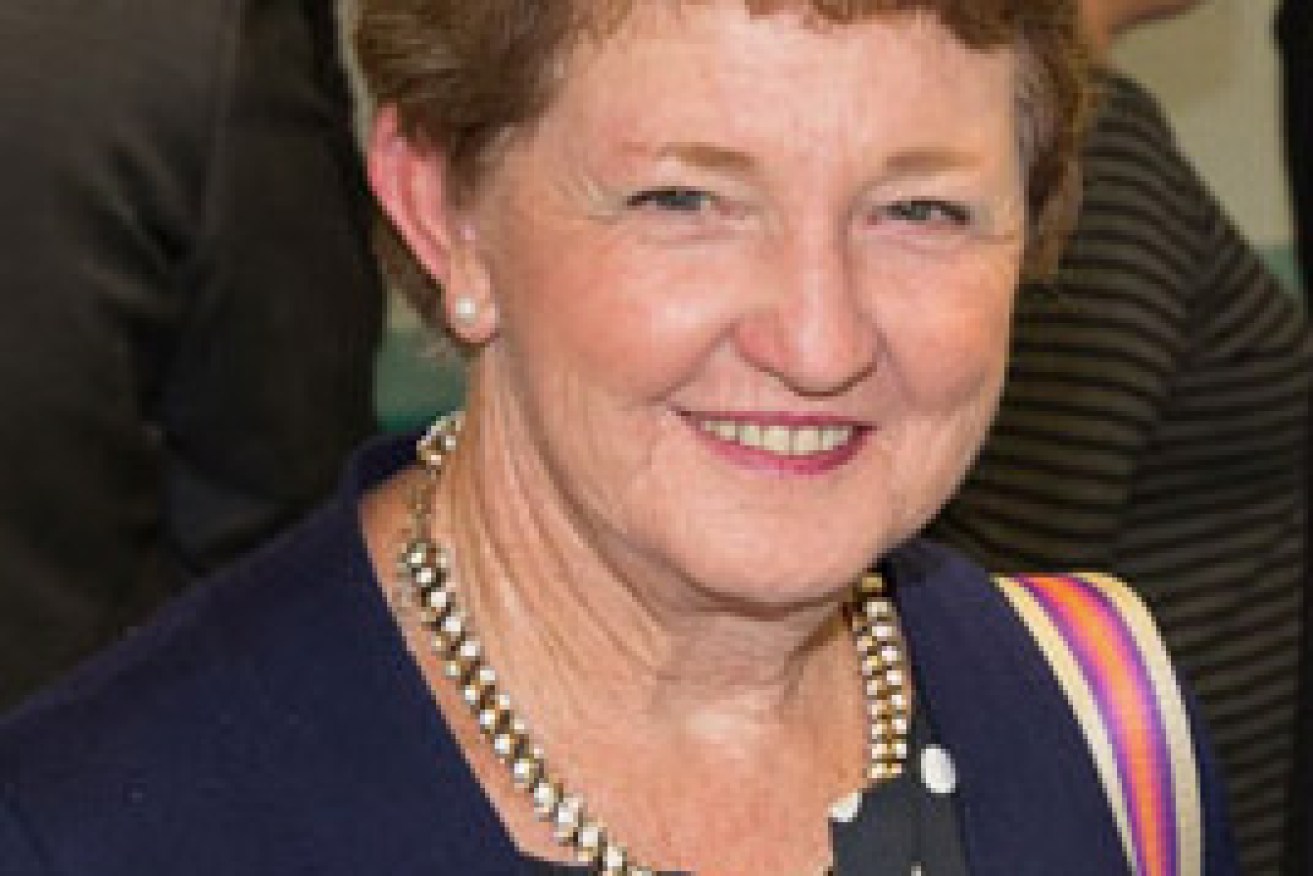Councils consider handing financial oversight to Auditor-General
South Australian councils will consider handing their audits to the state’s Auditor-General after a report found concerns in the sector that audits of local government by lower-paid private contractors were sometimes inconsistent and of questionable quality.


Lorraine Rosenberg: handing records to the Auditor-General would add costs.
A report by the University of Adelaide’s Dr Sabine Shührer recommends that councils seriously consider giving the state’s Auditor-General a mandate to oversee councils’ audit processes, to ensure quality and independence.
Council finance officers, audit committee members, private auditors, a council CEO and representatives from the Auditor-General’s department were interviewed for the report.
The interviewees reported concerns over:
- A lack of consistency in what auditors consider acceptable accounting standards.
- The quality of some private auditors’ work.
- Private auditors’ independence.
- A lack of external oversight over local government audit processes
- An apparent threat to audit quality as a result of relatively low fees paid in South Australia.
Nine interviewees raised concerns about the independence of private auditors, including one who said: “The basic problem is the auditor’s conflict: they are appointed by councils and are reluctant, in my view, to push hard on issues that might jeopardise their commercial relationship with a council”.
An unnamed interviewee is quoted in the report as saying that “I am concerned that [private auditors] are cutting corners just to win work, which is not providing the best outcome or advice for the sector”.
Another unnamed interviewee, a member of a council audit committee, said that “if an auditor is very open with the audit committee and the council about issues, they tend not to get the job when the round comes around again”.
And one council finance manager said that they did not renew the contract of a private auditor because they had caused “consternation” by incorrectly implying the council was insolvent.
“That is why I didn’t renew their contract. Because our quick ratio … was unfavourable. And [the auditor…] caused the CEO a lot of consternation about implying that the organisation was maybe insolvent.”
Several interviewees also said, however, that the work of private auditors had been of high quality and that private auditors had an expert understanding of local government that may not exist in the Auditor-General’s department.
Local Government Association President Mayor Lorraine Rosenberg said Schührer’s report identified both advantages and disadvantages to making the Auditor-General responsible for auditing the sector.
“South Australian councils are already subject to a high level of transparency, and rigorous and thorough third party audits of their financial statements,” Rosenberg said.
“This report acknowledges the work undertaken by private sector auditors in South Australian councils is generally of a high standard, and there are benefits in using firms who already have a detailed understanding of local government.
“However, it also suggests making the Auditor-General responsible for these audits would provide greater consistency across the sector.”
She added that: “Without drawing a firm conclusion, the report suggests this approach should be considered in South Australia, and we’ll be consulting with our member councils to discuss whether the potential benefits would outweigh any drawbacks.”
Rosenberg said an increase in costs was one expected outcome of making changes to the current system.
“Making the Auditor-General responsible for council audits is likely to result in increased costs to councils, and we need to be certain this change would deliver benefits to ratepayers,” she said.
“We are committed to improving the efficiency of our sector, and the LGA is currently working on boundary reform, benchmarking and shared services projects as a means of generating savings for councils and their communities.”
In February, the LGA announced what was described as the largest ever review into the organisation’s governance arrangements, following a scathing report by Auditor-General Andrew Richardson into the management of its indemnity schemes.
In 2013, a report of South Australian Local Excellence Expert Panel recommended the Auditor-General take control of council audits. Parliament’s Economic and Finance Committee made a similar recommendation earlier this year.
Consultation on the report will run until the beginning of March.
A recommendation will then be made to the March 2017 LGA Board Meeting, after which the LGA’s position will be communicated to the Minister for Local Government.




